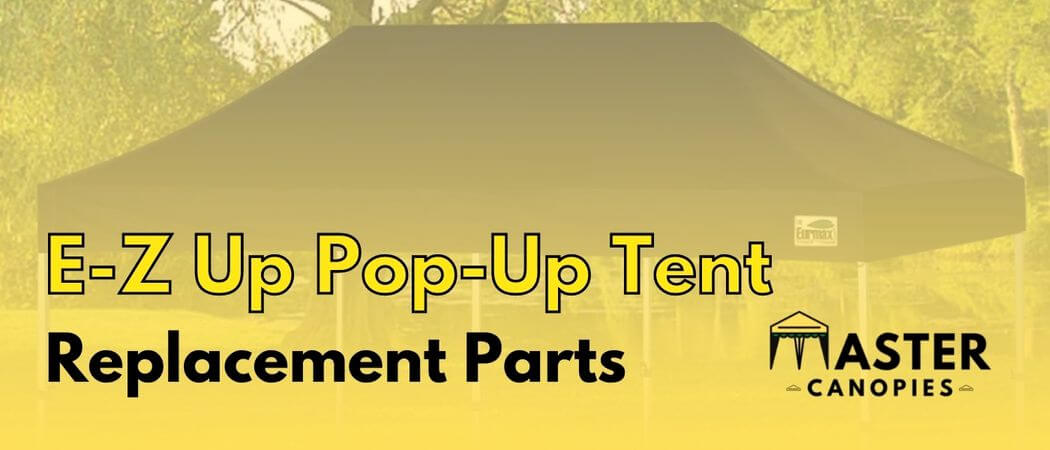
Best E-Z Pop-Up Tent Replacement Parts
Best E-Z Pop-Up Tent Replacement Parts: FULL Guide Published August 19th, 2022 by Allen Campbell If you are going out in sunny weather for camping,
Published August 20th, 2022 by Allen Campbell
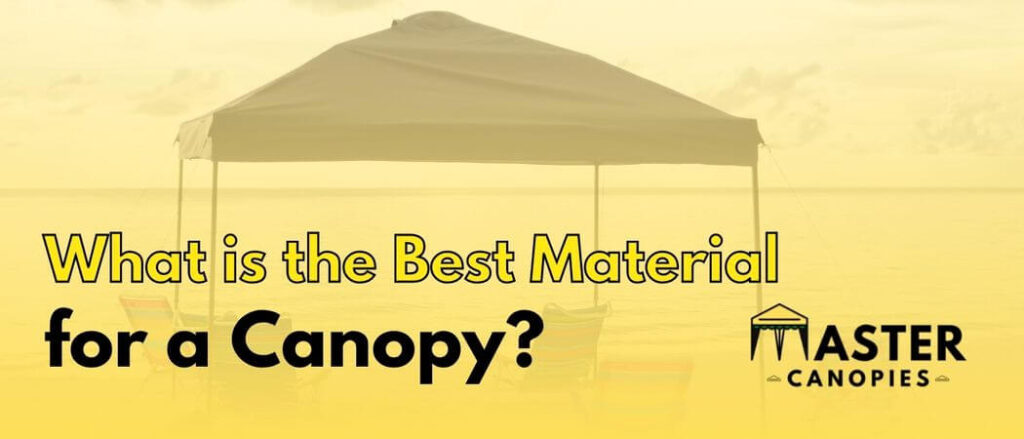
At the time of choosing the fabric for your canopy, there are many things to think about. One crucial decision is what roofing will be used; each has its own ups and downs, so be sure to pick carefully.
Choosing a canopy fabric is a crucial part of the process. You need to make sure you select a fabric that is durable, water resistant, and offers UV protection.
There are commonly three materials used in canopies: polyester, polyethylene, and vinyl. The popular term used in canopy fabric is a denier. The higher the denier, the more durable the fabric will be.
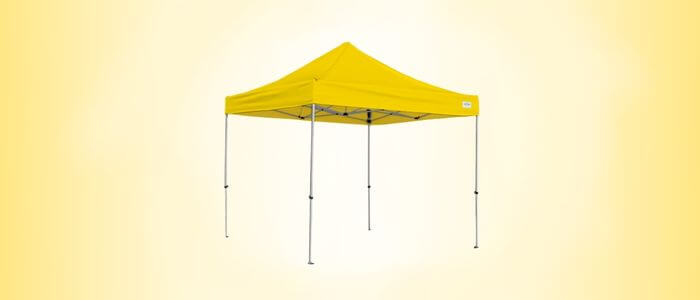
Polyester is the fabric that is most commonly used in canopies because it repels water and is durable. It can withstand harsh weather conditions and sunburns.
The thickness of the fabric will determine the level of protection you need. I would suggest looking for a canopy that is thicker if you are planning on using it in extreme conditions.
The polyester fabric is a great choice for outdoor activities in rainy conditions. The fabric is water resistant and can keep rain or snow at bay, but it is not waterproof. This means that polyester fabric can eventually soak through if exposed to too much rain or snow.
However, polyester does provide UV protection, so that it can be a good choice for activities in sunny weather.
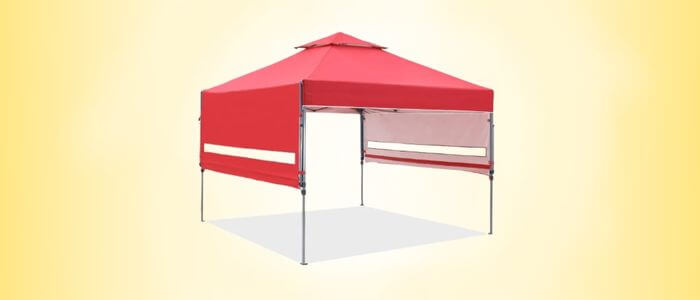
Polyethylene is suitable for outdoor structures because it is considered durable and does not break down in bad weather. It can withstand bad weather and UV rays, making it a great choice for outdoor structures.
Additionally, polyethylene is treated to resist water, making it a good option for areas that experience rainfall or high humidity. If you have seen carports or other semi-permanent outdoor structures, chances are they have a polyethylene canopy top.
That’s why this material is also a good choice for frames that are going to be put away after use, as it won’t suffer from the same wear and tear as other materials would in storage. All in all, if you’re looking for a strong and durable canopy top material, polyethylene is a great option to consider.
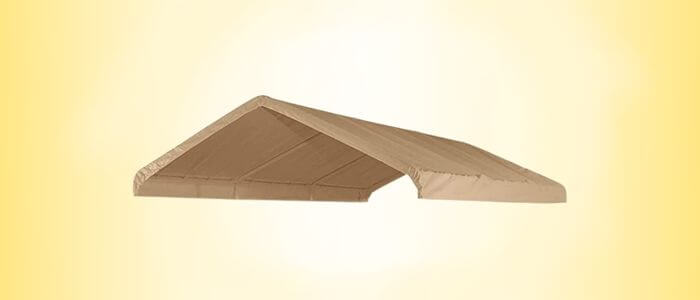
Do you know the layer that is added to the top of a polyester canopy to make it more waterproof? That’s right; it’s vinyl! This material is often used on its own as well, and it offers great protection against the elements.
The reality of vinyl canopy is that it is a very durable fabric. While camping in heavy rain and under the hot sun, you’ll be glad you chose a canopy top made from vinyl fabric.
Additionally, vinyl is flame retardant, which makes it a safe option in the event of a fire. However, vinyl can be quite heavy and difficult to remove if left up all night.
The affordability, lightweight, and easy setup of polyester tents make them a popular choice for campers. Also, they are low maintenance and economical, making them a favorite among campers and festival goers.
The waterproofing coating on the tent helps protect against inclement weather conditions such as rain or snow.
Canopy top colors are an important consideration when choosing a new camping tent. The lighter-colored roofs are mostly preferred as they will not absorb heat and will keep users cooler.
But, over time, these tents might show dirt and stains more easily than darker ones do. You can also choose darker color canopy types that will help cover any marks or stains but remember that on hot days, the darker color fabric can get quite warm inside.
You will see the various benefits of canopy materials when you select the right one for your needs. Polyester is a popular choice for canopies because it is strong, lightweight, and resists water well.
It also comes in a wide range of colors, so you can find one that matches your event or branding perfectly. You can also opt for polyethylene or vinyl canopy tops, which are durable and offer great protection against the elements. I hope you found this post helpful in choosing the best canopy top material for your needs.
If you’re in the market for a new tent, you might be wondering whether to choose polyester or nylon. Both materials have their advantages, but in general, polyester is the better choice.
The polyester material is a long-lasting material that resists fading and peeling, making it an excellent choice for individuals who seek to reduce maintenance issues.
It’s also less likely to tear than nylon, making it ideal for rough terrain. And if you do happen to rip your tent, polyester is much easier to repair. So if you’re looking for a tent that will withstand the elements and stand up to a bit of wear and tear, polyester is the way to go.
Usually, polyester is used in sportswear and activewear because it is lightweight and can help wick away sweat. Polyester is also less expensive than natural fibers like wool or cotton, which is why it’s often considered a “cheap” fabric.
However, polyester has some drawbacks. It’s not as breathable as natural fibers, so it can trap heat and cause skin irritation. Additionally, polyester is Not biodegradable, so it’s not a very sustainable fabric choice.
Overall, polyester is a budget-friendly fabric option that has some trade-offs in terms of comfort and sustainability.
Canopies are a great way to add some shade and protection from the sun and rain. But with so many different types on the market, it can be tough to decide which one is right for you. Here are some things to consider when choosing an outdoor canopy:
The first thing to think about is where you’ll be using the canopy. Also, the ease with which a shelter can be packed up and stored is a necessary consideration. For backyard parties or events, you might want something a little more permanent.
Next, think about what kind of weather protection you need. If you’re mostly concerned about the sun, look for a canopy with UV-resistant fabric. If you need something that can stand up to wind and rain, look for a sturdier option with waterproof fabric.
Finally, consider how much space you need. If you are hosting small events or gatherings, a small canopy will suffice. However, if you are looking to host an event with many people, you will need a more spacious option.
The gray color is often associated with feelings of gloom and despair. But does this depressing color also have an effect on temperature? The short answer is yes, gray does attract heat. For one thing, gray is a very good absorber of light.
This means that it absorbs more energy from the sun than other colors. Gray color radiates heat back into the environment more effectively than other colors. As a result, gray surfaces tend to be warmer than other colors.
If you’re like most people, you probably don’t give much thought to the color of your tent. After all, as long as it’s big enough to fit all your gear, what does it matter what shade it is? Unfortunately, if you’re not careful, the color of your tent can attract unwanted attention from bugs.
There are various insects, and they are all attracted to the different colors. For example, many species of flies are attracted to blue, while mosquitoes are drawn to dark colors like black and navy.
I would suggest you go for a light tent if you are planning to spend time in an area with lots of bugs. Not only will it help you avoid unwanted visitors, but it will also make it easier to spot any insects that manage to get inside.

Allen is a full time writer at Mastercanopies.com and enjoys traveling around the United States and exploring nature. He enjoys writing about canopies as he believes they are extremely crucial in having a successful camping trip whether it be a trip to the beach, mountains, or the open plains.

Best E-Z Pop-Up Tent Replacement Parts: FULL Guide Published August 19th, 2022 by Allen Campbell If you are going out in sunny weather for camping,
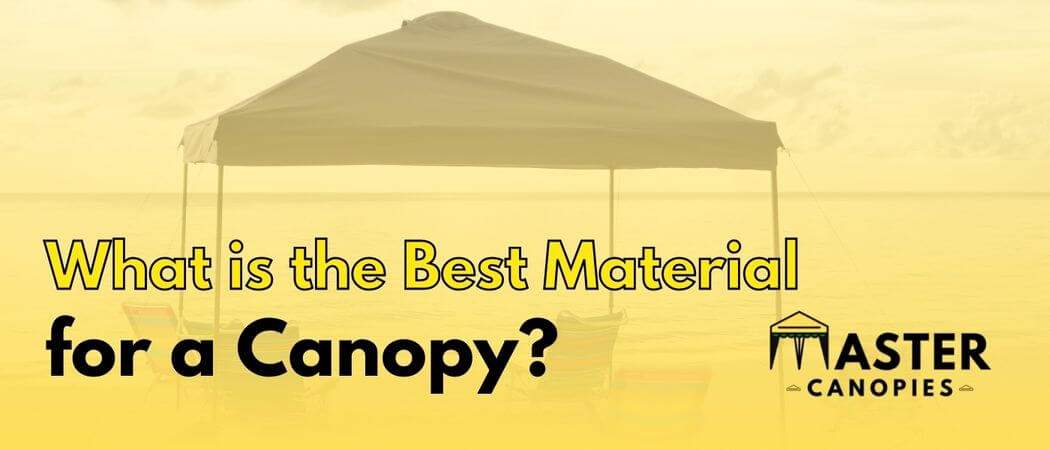
What is the Best Material for a Canopy? Published August 20th, 2022 by Allen Campbell At the time of choosing the fabric for your canopy,
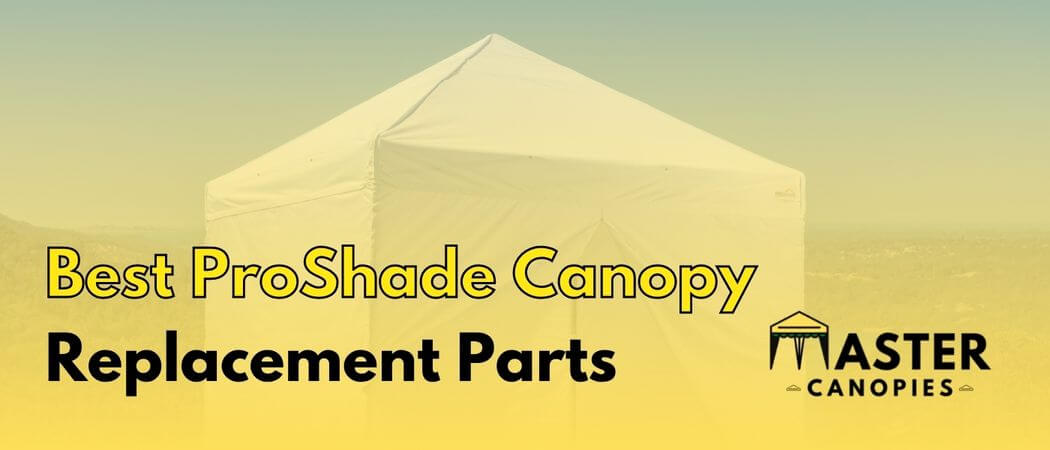
Best ProShade Canopy Parts: Assemble your Pro Shade Canopy Published August 18th, 2022 by Allen Campbell A proshade canopy is a great investment for any
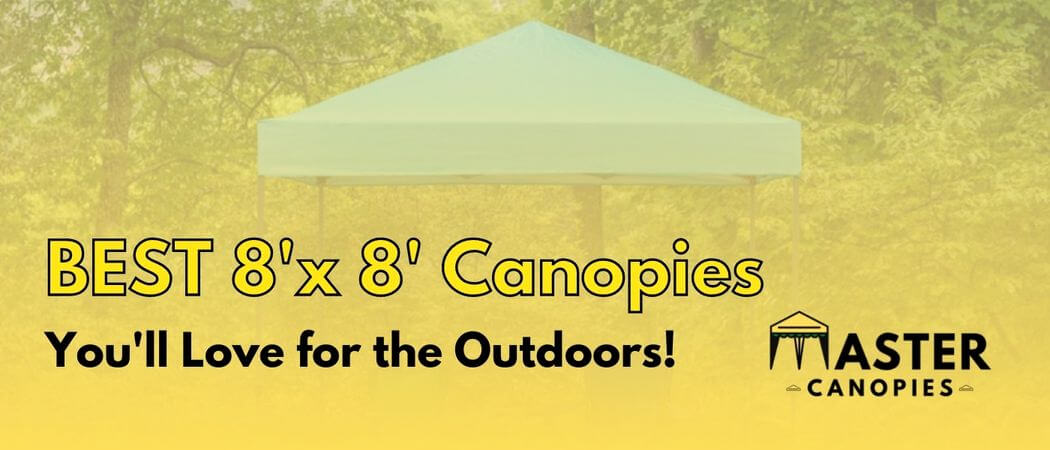
Best 8’x 8’ Canopies You’ll Love for the Outdoors Published August 18th, 2022 by Allen Campbell Summertime is all about spending time outdoors, and there’s

Best Canvas Pergola Covers for Sun Shade Published August 13th, 2022 by Allen Campbell If you’re looking for some sun shade but don’t want to
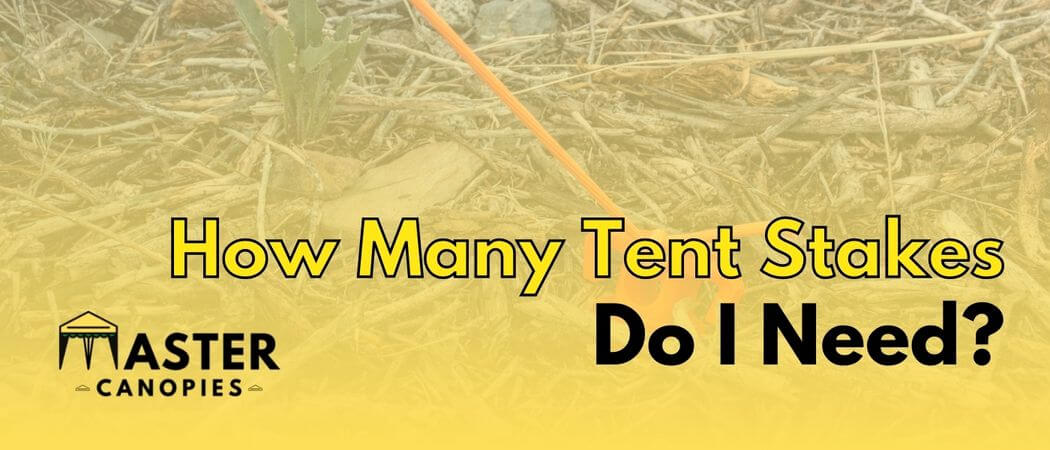
How Many Tent Stakes Do You Need to Secure Your Tent? Published July 26th, 2022 by Allen Campbell As you prepare for your next camping

Best Beach Tent Camping in San Diego, CA Published July 19th, 2022 by Allen Campbell San Diego is a renowned tourist destination, home to world-famous
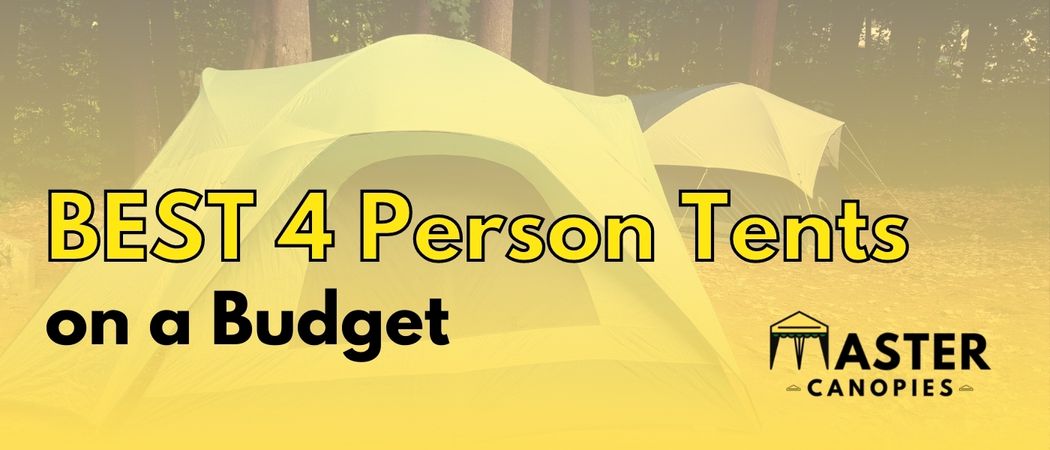
Best Budget 4 Person Tents for Efficient Camping Published July 19th, 2022 by Allen Campbell Do you love camping but hate the thought of spending
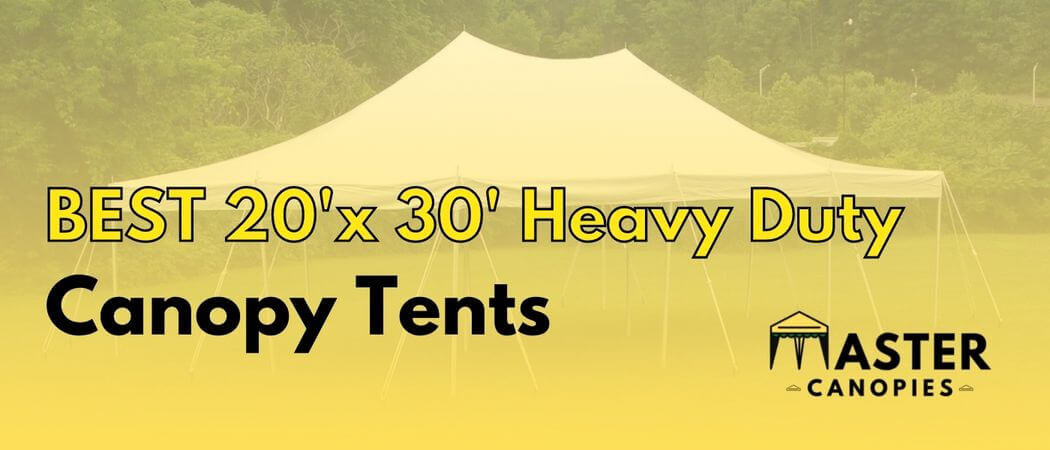
Best Heavy Duty 20×30 Canopy Tents for Large Gatherings Published June 19th, 2022 by Allen Campbell If you are planning to host a large gathering,

Master Canopies is here to bring you the best canopies for the outdoors so that you can enjoy the fresh air without the gleaming and burning light of the sun.

Master Canopies is here to bring you the best canopies for the outdoors so that you can enjoy the fresh air without the gleaming and burning light of the sun. As an Amazon Associate, we earn from qualifying purchases.